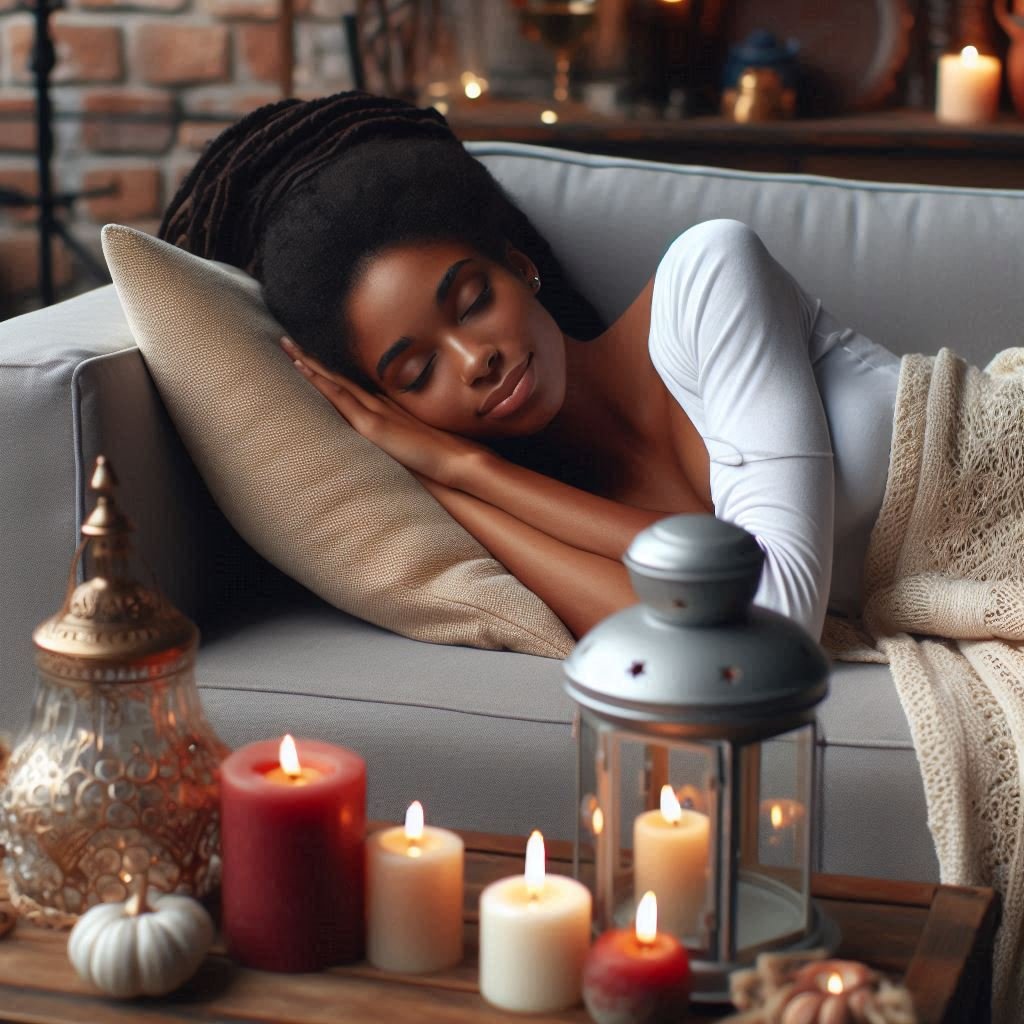
Aromatherapy, a centuries-old practice rooted in the use of aromatic plant extracts and essential oils, has gained immense popularity in modern times as a natural remedy for alleviating stress and promoting overall well-being. This therapeutic approach harnesses the potent properties of fragrances derived from flowers, herbs, and trees to calm the mind and rejuvenate the senses. The process can be as simple as diffusing essential oils in a room, incorporating them into a relaxing massage, or adding a few drops to a warm bath. Beyond its sensory appeal, aromatherapy is believed to influence the brain’s limbic system, which governs emotions and memory, creating a profound impact on emotional health. For individuals grappling with the relentless pressures of daily life, aromatherapy serves as a gentle yet effective tool to restore balance and tranquility.
Scientific studies have increasingly validated the efficacy of aromatherapy in reducing stress, anxiety, and even symptoms of depression. Lavender, chamomile, and bergamot are among the most celebrated essential oils for their calming and mood-enhancing properties. These oils not only provide immediate relief through their soothing scents but also encourage long-term emotional stability when incorporated into daily routines. Furthermore, aromatherapy is often coupled with mindfulness practices such as meditation and yoga, amplifying its ability to foster inner peace. The simplicity of this practice, combined with its proven benefits, makes aromatherapy a practical choice for anyone seeking an accessible and natural way to manage stress in today’s fast-paced world.
Understanding the Science Behind Aromatherapy
The therapeutic effects of aromatherapy are deeply intertwined with the biological mechanisms of the human body, particularly its influence on the olfactory system and the brain’s emotional processing centers. When inhaled, essential oils stimulate olfactory receptors in the nose, sending signals to the brain’s limbic system, which is responsible for controlling emotions, mood, and memory. This interaction triggers the release of neurotransmitters such as serotonin and dopamine, which are pivotal in fostering a sense of relaxation and happiness. The unique molecular compositions of each essential oil determine their specific effects, allowing for a tailored approach to emotional and physical healing.
Moreover, the topical application of essential oils can penetrate the skin, delivering their therapeutic compounds directly into the bloodstream. This method is often used to relieve physical symptoms of stress, such as muscle tension and headaches. For example, a blend of peppermint and eucalyptus oils can provide a cooling and invigorating sensation that alleviates discomfort while simultaneously calming the mind. Understanding these scientific principles highlights the multidimensional benefits of aromatherapy, establishing it as a credible and versatile wellness practice that extends far beyond its aromatic allure.
Popular Essential Oils for Stress Relief
Among the vast array of essential oils available, certain varieties stand out for their exceptional ability to soothe stress and restore emotional equilibrium. Lavender oil, with its delicate floral scent, is renowned for its calming properties, making it a staple in aromatherapy for relaxation and sleep enhancement. Similarly, chamomile oil, derived from the chamomile flower, offers a sweet, apple-like fragrance that is particularly effective in reducing anxiety and fostering a sense of serenity. Bergamot, a citrusy essential oil extracted from the peel of the bergamot orange, has been shown to elevate mood and diminish feelings of nervousness, serving as a natural antidote to the pressures of modern life.
Other notable mentions include ylang-ylang, whose rich and exotic aroma helps to slow heart rate and reduce cortisol levels, and frankincense, a woody and earthy oil revered for its grounding and meditative qualities. These oils can be used individually or blended to create customized combinations that address specific emotional needs. Whether diffused into the air, diluted for massage, or incorporated into skincare routines, these essential oils offer a simple yet potent way to infuse moments of calm into daily life.
Practical Ways to Incorporate Aromatherapy
Integrating aromatherapy into daily routines is an effortless and enjoyable process that enhances both physical and emotional well-being. One of the most common methods is through the use of a diffuser, which disperses essential oil molecules into the air, creating a tranquil and fragrant atmosphere in your home or workspace. For a more immersive experience, individuals can add essential oils to a warm bath, transforming a routine soak into a luxurious spa-like ritual. Additionally, aromatherapy candles and room sprays are convenient options for filling any space with soothing scents.
Beyond the home, personal accessories such as aromatherapy necklaces and bracelets allow you to carry your favorite calming scents wherever you go. For those experiencing physical manifestations of stress, such as tense muscles or headaches, applying diluted essential oils directly to the skin can provide targeted relief. Massaging oils into pressure points, such as temples or wrists, ensures maximum absorption and effectiveness. With such a diverse range of applications, aromatherapy can seamlessly fit into any lifestyle, offering moments of peace and rejuvenation amidst the chaos of daily life.




